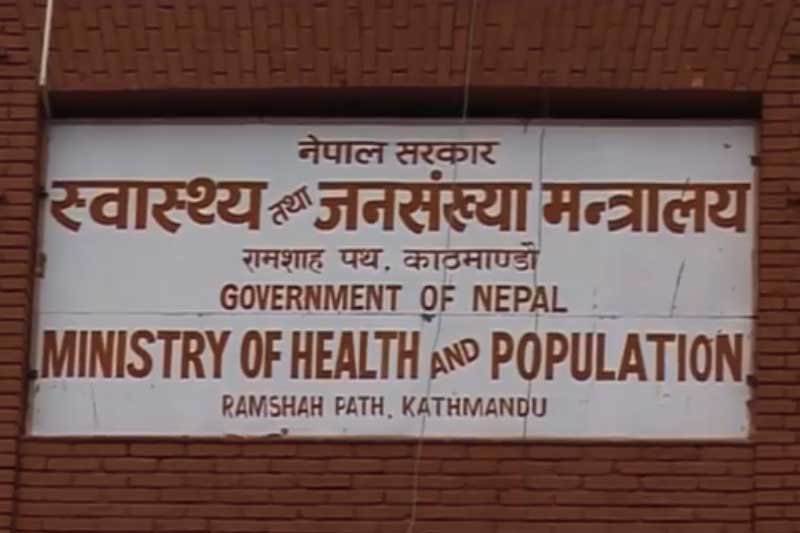

Nepali health experts have called for strong enforcement of restrictive measures to curb the new wave of COVID-19 infections.
The Nepali government on Monday issued a slew of prohibitory orders including a ban on gatherings of people over 25, shutting down schools in urban areas, cinema halls, gyms and health clubs amid the surging cases of COVID-19.
But, considering the rapid spread of the virus, Nepali health experts are worried if the measures would be enough to control the new wave of the coronavirus which spreads faster than the first one.
According to Nepal’s Ministry of Health and Population, daily confirmed cases are rising. On Tuesday, the ministry reported 1,736 confirmed cases, up from 517 on April 13.
“These measures announced by the government should be enforced effectively to control the chain of transmission,” Sagar Kumar Rajbhandari, director of the Kathmandu-based Sukraraj Tropical and Infectious Disease Hospital, told Xinhua on Tuesday.
Amid the growing cases, the government-run hospital was converted into a dedicated COVID-19 hospital last week for the second time.
Since early April, Nepal has been facing a resurgence in confirmed cases, which, according to the health ministry, are owing to the spread of the more infectious variant that was first identified in Britain.
“Lately, the report has emerged that the coronavirus also spread through the air which is alarming because of its potential of spreading the disease,” said Rajbhandari.
“Considering the potential spread of COVID-19, enforcement of respective measures should be stronger and people assigned for enforcement should be given greater power to take action in the field,” said Rajbhandari. “If the chain of infections cannot be controlled to a certain level in the next two weeks, even stronger measures including lockdown should also be considered.”
“For example, requiring polymerase chain reaction (PCR) test report compulsory from travelling from one province to another and making PCR report mandatory for people coming from India may be the options at least until the chain of infections slows down,” Baburam Marasini, former director of the Epidemiology and Disease Control Division under the Department of Health Services, told Xinhua.
Nepal health experts also said besides taking reactive measures against mobility and gathering of people, the vaccination drive should be accelerated.